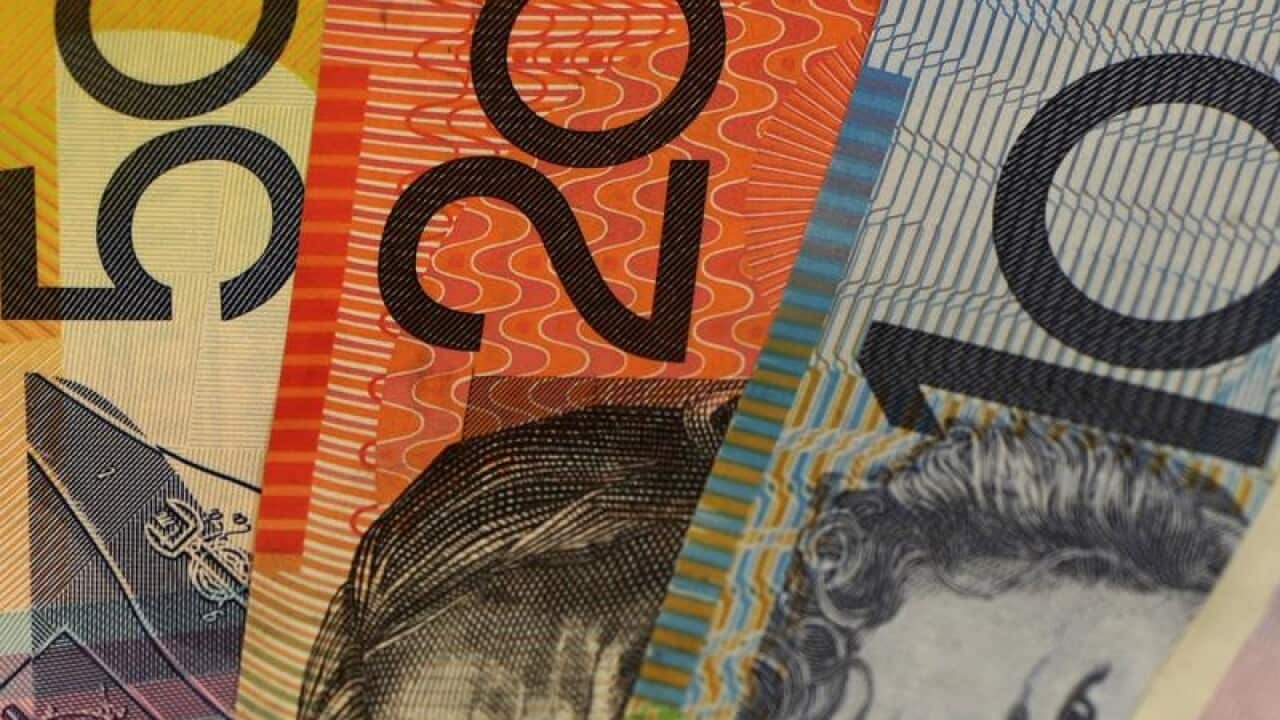Half of all Australian cancer patients experience financial stress and money problems often impacts their treatment decisions, new analysis has found.
With concerns patients are comprising their care because they can't afford treatment, the findings of the Cancer Council report have prompted calls for greater transparency from surgeons, oncologists and other health care providers about costs.
"Out-of-pocket costs in addition to other factors are leading to what has been described as financial toxicity in people with cancer," said Professor Sanchia Aranda, Cancer Council Australia CEO.
"It is paramount that healthcare professionals disclose all costs and treatment options to their patients, including whether there are alternatives that offer similar benefits at a lower price," Professor Aranda said.
"We think that people are not getting the information they need. A classic example is robotic surgery for prostate cancer, there is actually no evidence that it is any better than open surgery," Prof Aranda told AAP.
"People are paying $15,000 to $20,000 out-of-pocket because they think it's the best option, that's what the surgeon tells them and they don't realise they can walk down the road and go to a public facility and get equivalent cancer outcomes with no out-of-pocket costs."
A review of the latest evidence, published in the latest edition of Cancer Forum, found patients are shouldering around 15 per cent of their treatment costs.
Adding to this burden is often a patient's inability to work.
The analysis also found up to 19 per cent of cancer patients said cost-related factors influenced their decisions about treatment, and around 12 per cent of patients used over-the-counter medicines rather than prescribed medication as a way of saving money.
Worryingly, some patients were using medications from someone else as a substitute.
"People shouldn't have to risk compromising their care because of their capacity to pay for treatment," she said.
Prof Aranda said Australia has a good health system by international standards, yet too many people are at risk of experiencing inequities associated with their capacity to afford adequate care.
"Our lower socio-economic groups have poorer cancer outcomes than our wealthy people and so if we are adding costs to that we are contributing to that disadvantage," she said.
The leading cancer treatment and prevention advocate warns the analysis could only be the "tip of the iceberg" and is urging the government to ensure greater subsidised health services for those most in need.









